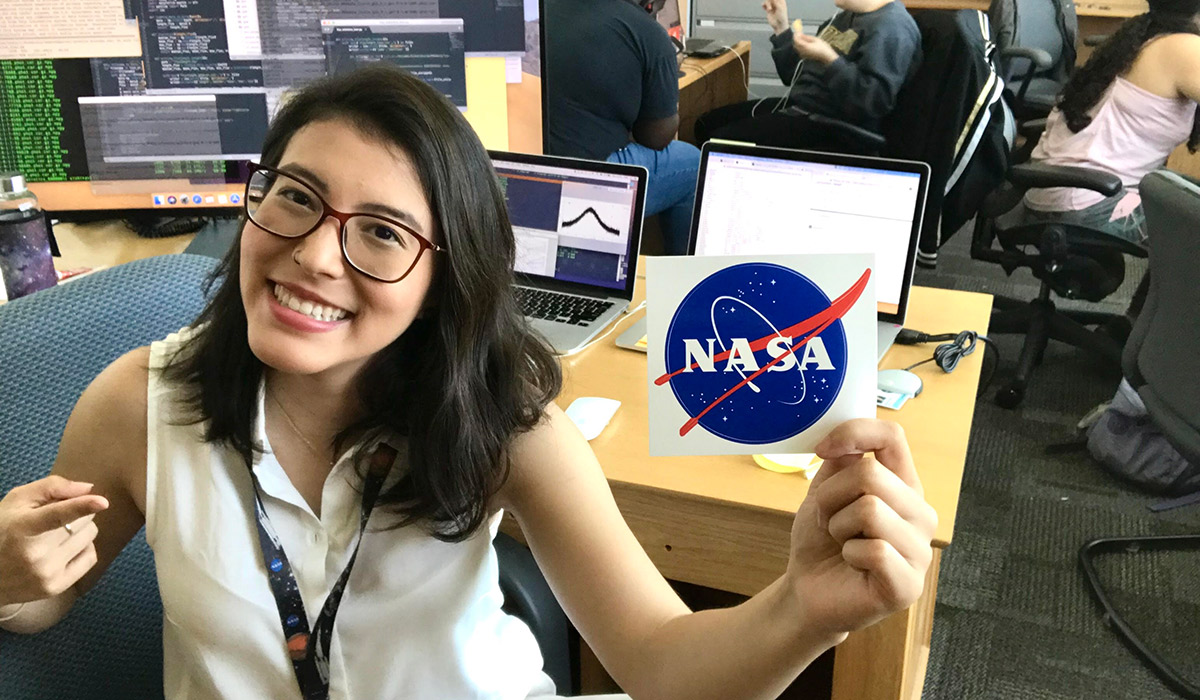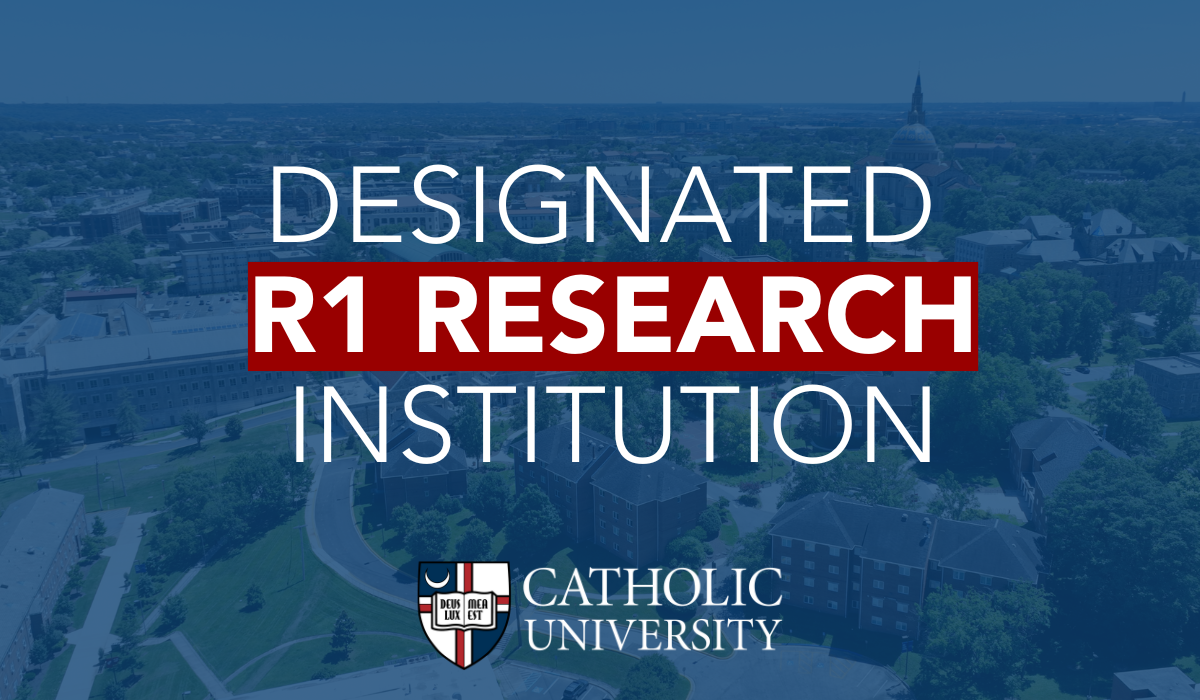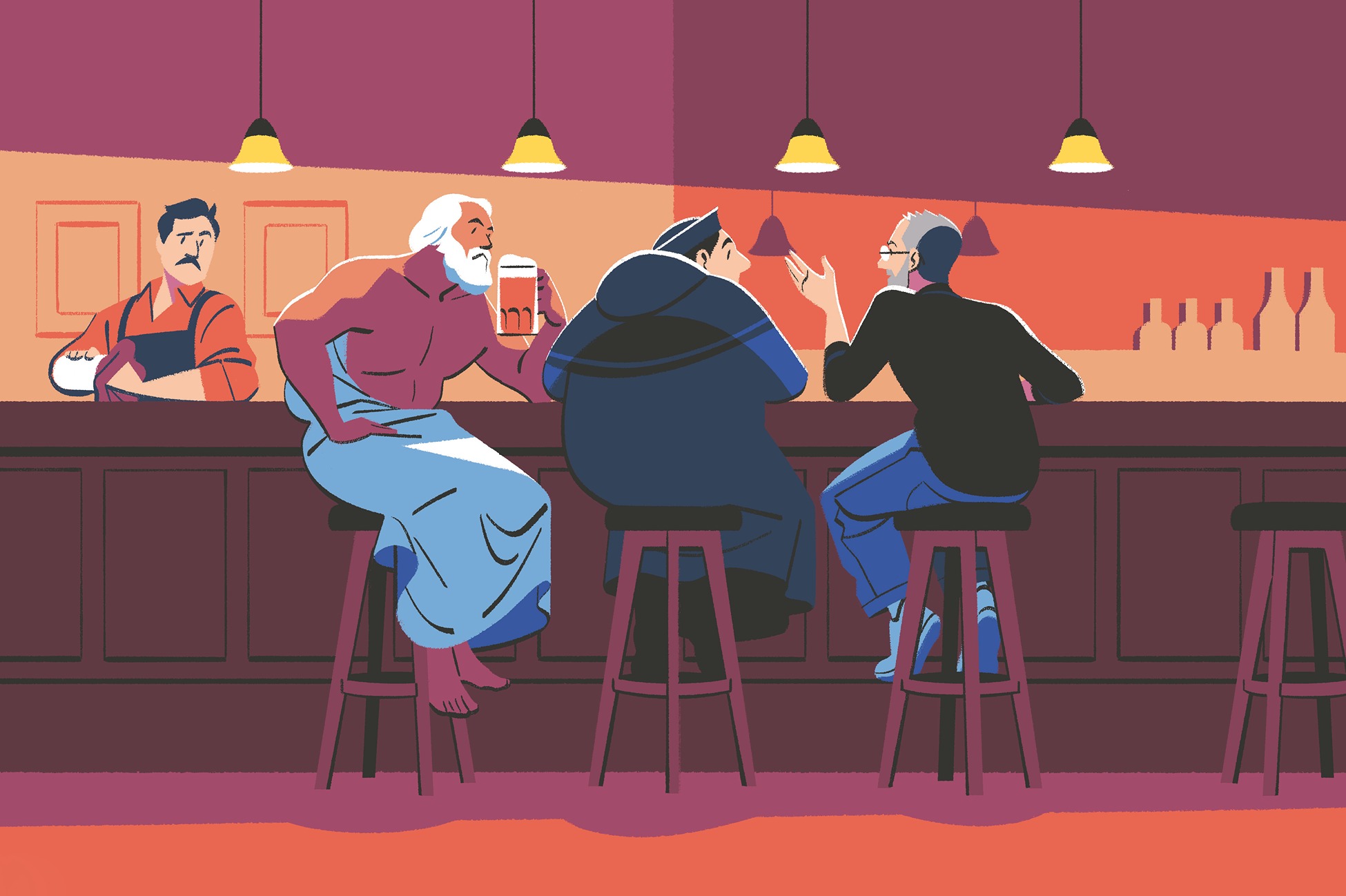Physics doctoral candidate Stela Ishitani Silva received a competitive NASA award to pursue her dream to design artificial intelligence to discover distant worlds. She said the NASA Postdoctoral Program fellowship will build on her current research at NASA’s Goddard Space Flight Center, an assignment facilitated by The Catholic University of America’s affiliation with the nation’s largest community of space scientists and engineers.
“Getting this honor was validating because it shows that my research is important to NASA,” said Ishitani Silva, who thanked all the University faculty who have supported her.
“It’s from a proposal I wrote and I am thrilled I will be able to explore my own ideas,” she said, explaining that the opportunity to blaze her own path out of the gate sets her apart from her peers. Ishitani Silva will begin the fellowship after she defends her dissertation this spring.
The one-to-three year program identifies top talent from around the globe to fund pioneering research with great promise to advance our understanding of the cosmos. Ishitani Silva’s project is to feed the AI she has developed massive amounts of observational data from space telescopes to train the program to detect astronomical anomalies. Ishitani Silva will also refine the algorithms and improve the AI structure to achieve even better results.
“We have to automatize because there is so much data. We need to make the process as fast and accurate as possible,” said Ishitani Silva. She hopes her research will provide empirical evidence to test planet formation theories and help NASA’s Nancy Grace Roman Space Telescope map the universe after its expected May 2027 launch.
Ishitani Silva is already a shining star in her field as she has played a key role in discovering a dozen exoplanets, 181 possible worlds, and an isolated black hole. She was also the lead scientist for the discovery of a Neptune-like exoplanet located 26,000 light-years away.
The native Brazilian said, “I knew about Catholic University through Duilia de Mello because she is very famous in Brazil.” She mentioned that de Mello, a physics professor and research associate at Goddard, is a regular television contributor in their native country. “I knew it would be a great opportunity.”
“The faculty made sure I had the right connections and introduced me to NASA scientists at a very early stage of my Ph.D. to make sure I knew experts in my field,” said Ishitani Silva. “The fact that I was working at Goddard helped me to develop my idea. …It made me realize that no one is doing this.”
Ishitani Silva said she was touched by the efforts the faculty made to minimize disruptions to her studies when she had to return to Brazil for major surgery, including offering her remote learning even before the pandemic.
“We are quite small, so people here know who you are. The faculty see you as a person, not a number. I really feel like they want the best for me,” said Ishitani Silva.



